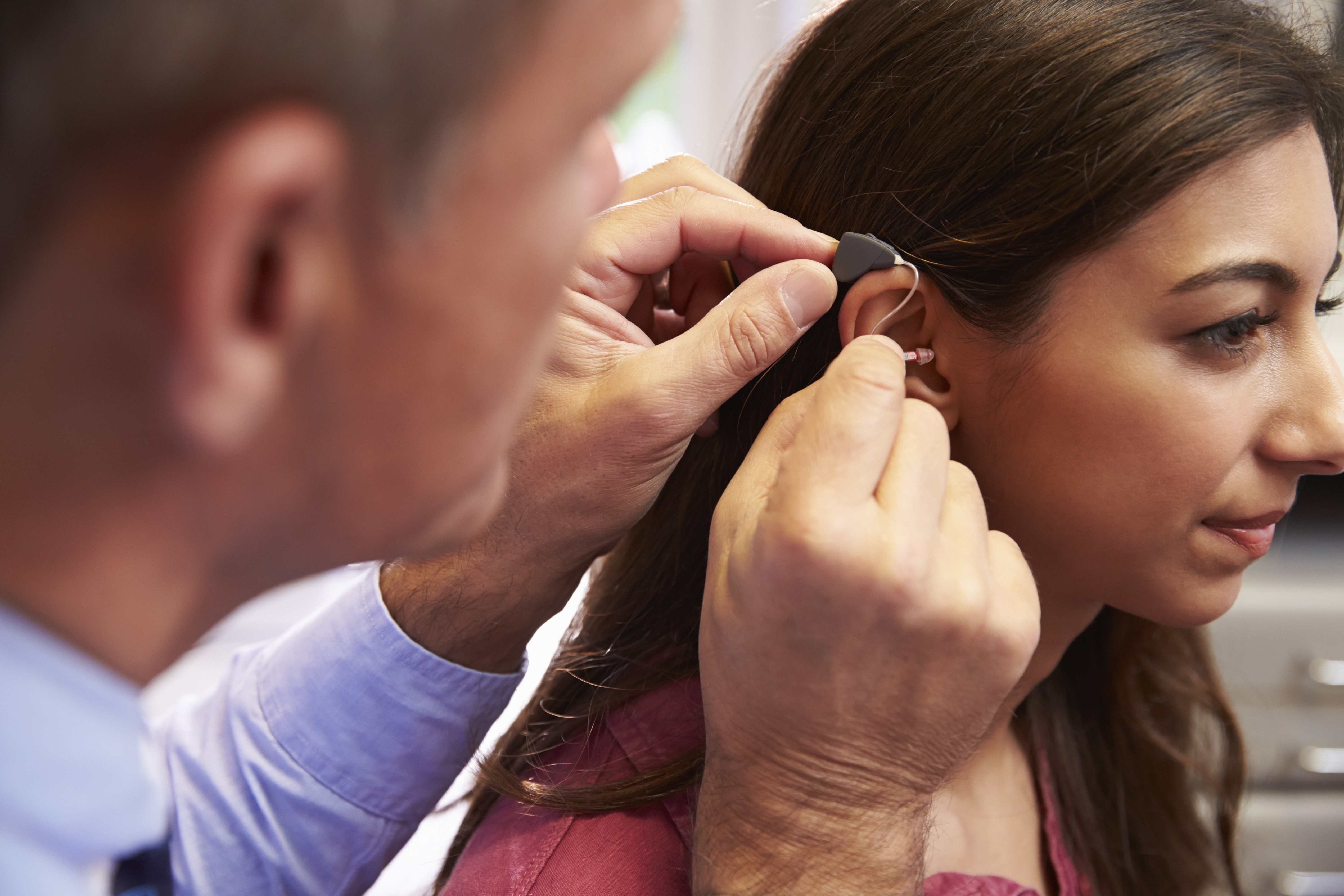
Congratulations—you’re prepared to join the millions of Americans who have realized how utilizing hearing aids can make life more satisfying and rewarding. Before long, you’ll be hearing sounds you’ve long forgotten, engaging in stimulating conversations, and listening to music with greater discernment for each instrument.
But before you get to all that, you’ll have to endure a quick phase of adjustment to get comfortable with your new hearing aids. Here are five recommendations to help you get through this stage and to help you get the maximum benefit out of your new technology.
1. Visit a Hearing Care Professional
If you want the best hearing attainable, there’s no avoiding the first step, which is contacting a hearing care professional. They can assist you in finding the right hearing aid that matches your hearing loss, lifestyle, and financial position. And, most significantly, they can custom-fit and program your new hearing aid so that it’s optimized for your distinctive hearing loss.
Your hearing loss, like a fingerprint, is one-of-a-kind. That means every hearing aid should be programmed differently—and this calls for the practical knowledge of a hearing care professional.
2. Be Patient with Your Hearing Aids
Your new hearing aids will take time to get used to. You’ll notice sounds you haven’t listened to in many years, your voice may sound different, and sound may overall just seem “off.” This is perfectly normal: you just need time to adjust.
Start by making a commitment to wear your hearing aids for as much of the day as possible, for at a minimum a couple of weeks. Put them in when you get up in the morning and take them out before bed. While it may be awkward initially, you’ll get used to better hearing in no time—and it will be well worth the hard work.
If you discover that you’re having a tough time adjusting, set up an appointment with your hearing care professional. Hearing aids can be fine-tuned, so you never have to quit on better hearing.
3. Start Small at Home
We recommend adapting to your hearing aids to start with in the comfort of your home. Try watching a movie or television show and paying particular attention to the discourse; engage in one-on-one conversations in a quiet room; and listen to music while attempting to identify different instruments and pitches.
Then, when you’re more comfortable, you can test your hearing aids out in more complex surroundings like at parties, restaurants, and movie theaters. Modern hearing aids have sophisticated features and environmental settings that can easily handle these increased listening demands—which segues perfectly to the fourth tip.
4. Learn the Advanced Features
After you’ve adjusted to your hearing aids, you should continue to learn some of the more sophisticated features. With the assistance of your hearing specialist, you can discover how to capitalize on the functionality and convenience of your modern hearing aids.
Depending on your particular model, you’ll have the ability to do things like wirelessly stream music and phone calls directly to your hearing aids, control the volume from your smartphone or digital watch, and easily change settings to optimize your hearing in different environments. Make sure to talk to your hearing specialist about all the features that may be beneficial to you.
5. Maintain Your Hearing Aids
Last, you’ll want to make sure that you maintain your hearing aids. This means daily cleaning, appropriate storage, and managing your battery supply. Your hearing specialist will help you include hearing aid maintenance and care into your daily routine so that it becomes automatic and effortless.
You’ll also want to get your hearing aids professionally cleaned and assessed one or two times per year to ensure proper performance for years to come.
We’d love to hear from you: if you presently have hearing aids, tell us about your experience! Let us know how you adjusted to your hearing aids and any recommendations you’d give to those just starting out.
